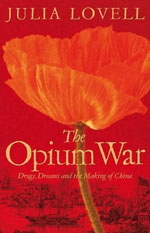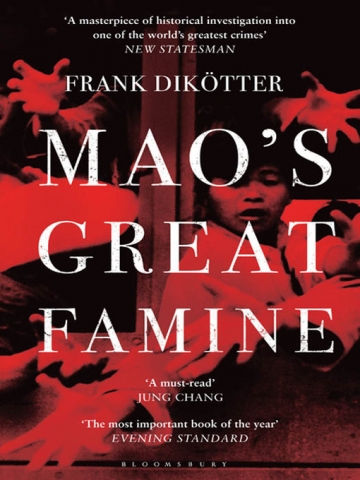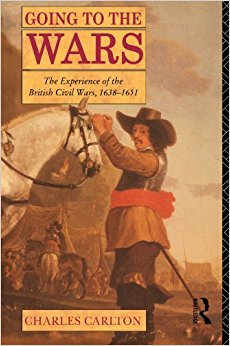- Joined
- Sep 23, 2008
- Posts
- 7,283
- Reaction score
- 4,946
- AFL Club
- Collingwood
- Other Teams
- Man City
As per John, I think there is quite a bit of evidence to suggest that they remained outside the anglo saxon sphere as an independent kingdom for quite a while.
I love the Cornish accents. They sound like pirates (and who doesn't love a pasty). Tintagel is awesome as well.
And the mind-blowing scrumpy!!!







 .
.




